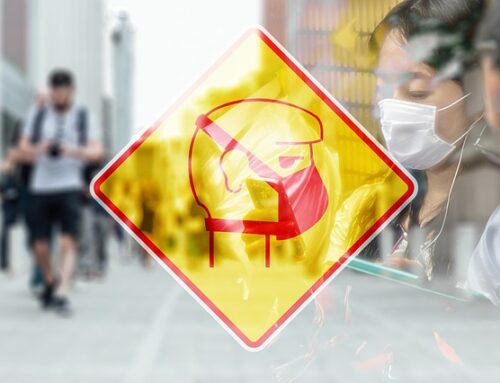While most staff want to do well and are hard workers, you will occasionally harbour a few employees who are work shy. Recognising the tricks of the trade and what they may do to delay taking the next calls is essential. Read our article to find out how to spot those problems.
1. Moving to the back of the queue
Most telephone systems first allocate calls to agents who have been available the longest, so setting yourself to ‘busy’ even for a few seconds to, say, put a jumper on, can put agents back at the queue of the system.
Tip: If you suspect a specific employee of using this tactic, check their logs for frequent, short periods of unavailable status.
2. Not terminating a call
Sometimes, when customers hang up after a call, the line goes dead rather than being terminated properly. For a call agent trying to avoid the next call, all they have to do is not press the ‘terminate call’ button.
Tip: Walk the floor regularly and assess call recordings, but it is a difficult one to spot.
3. Creating After-Call Work
Some calls may need a couple of minutes to write notes, pass on a query, etc., after they are finished, and some don’t. Creating unnecessary after-call work is the perfect opportunity for a break that will pass undetected most of the time.
Tip: Monitor call recordings – and screen recordings if you have it.
4. The ‘IT problem’
We are so reliant on technology nowadays that an IT problem can indeed bring a whole company to a halt. So if an agent says they can’t take calls because of a technical issue, most managers won’t ask for details and simply have the agent call IT. It is therefore fairly easy to use a minor IT issue that isn’t essential for call handling to get a break.
Tip: Periodically review logs of IT issues reported by call agents. The non-essential ones will be easy to spot.
There are other tricks that you may come across as a contact centre manager, such as extended lunch breaks and bathroom breaks. However, even more important than spotting them is understanding why your staff feel the need to use them. They are often a sign of demotivation or of being burnt-out and stressed, so re-assessing your work environment can also be helpful in resolving those issues.












